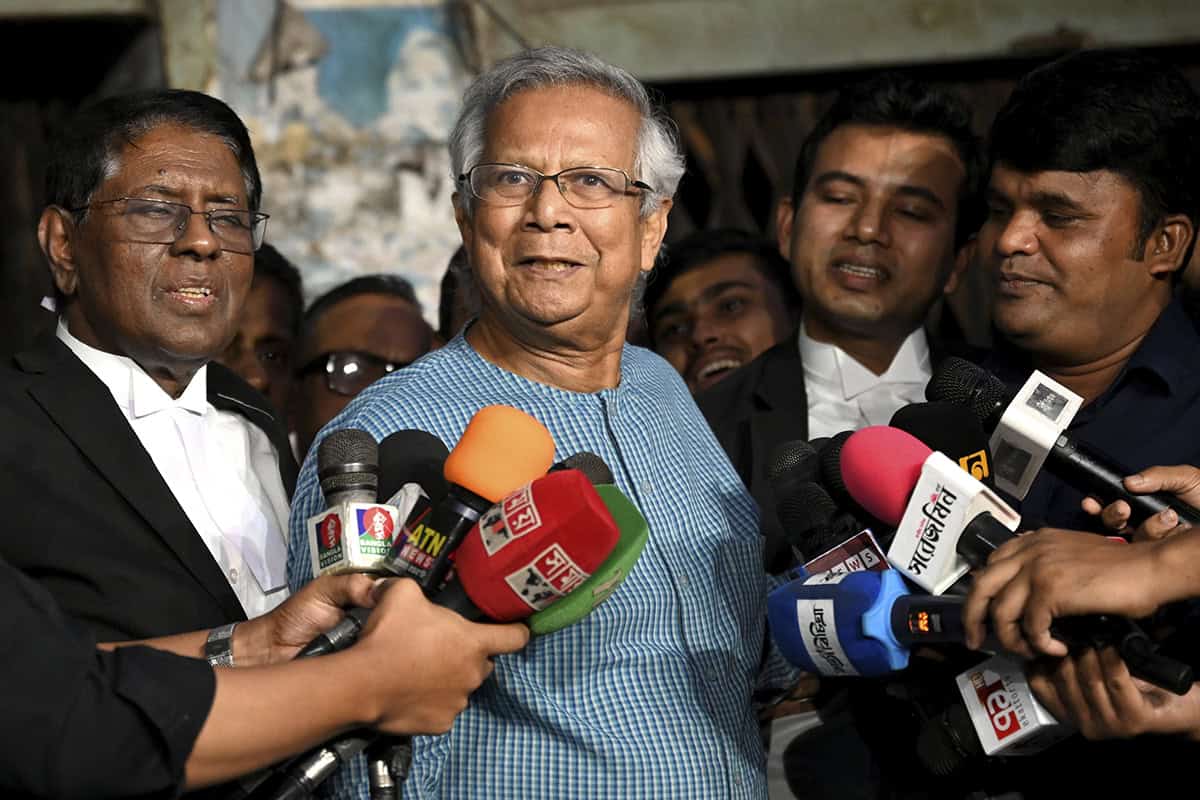When Sheikh Hasina secured a fourth consecutive term as head of Bangladesh’s government this past January, her 15-year grip on power seemed unshakeable. By August, after weeks of student protests over a government jobs quota system said to favor her party’s affiliates, she had resigned as prime minister and fled to India. Nobel laureate Muhammad Yunus is now tasked with stabilizing the country of more than 170 million and steering it through economic and democratic reforms.
Named head of the new interim government, Yunus, 84, was awarded the Nobel Peace Prize in 2006 for pioneering the use of microcredit as a tool to help impoverished individuals fund small businesses. Over four decades, his organization, Grameen Bank, has allocated almost $40 billion in collateral-free loans to more than 10 million people globally, particularly women, and inspired similar initiatives in over 60 countries.
On paper, the Bangladeshi economy remains one of the world’s fastest growing. Yet, not only has the accuracy of those statistics been questioned, but the government’s extensive borrowing and high cost of debt servicing have depleted the country’s foreign reserves, says Ali Riaz, distinguished professor in the department of Politics and Government at Illinois State University: “Furthermore, a combination of unbridled corruption, spending on unsustainable large infrastructure projects, defaulting bank loans by politically connected individuals, and siphoning off money to other countries by the cronies of the Hasina regime have hollowed out the economy.”
No magic wand can swiftly and painlessly resolve these issues, Riaz points out.
“However, fixing the banking sector and recovering the money which has been laundered are key issues the interim government will have to address,” he adds. “Controlling the price of essentials to help people is also necessary.”
Additionally, Riaz says, the government will have to identify wasteful spending, “For example, huge subsidies to the energy sector were pocketed by a small group of people; renegotiating the conditions of some external loans, whether received bilaterally or from multilateral organizations, may be an option that the government can consider.”




